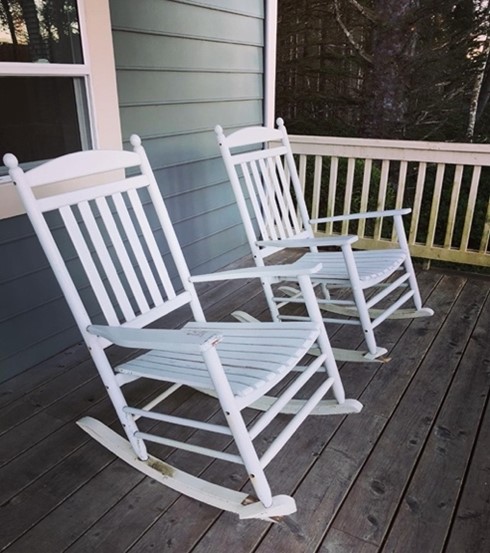
The concern in his voice struck me right after I answered the second ring with “Hello?” “What is with this lonely stuff? You are good right?” He asked likely already knowing that his big sister was fine. “I am fine,” I replied trying to keep the exasperation undetectable in my response. I wasn’t lying or pacifying or placating. “Well, let’s get lunch soon,” he said lovingly fulfilling his brotherly duty to me and offering his solution to what he perceived as my problem.
While knowing that connection is the antidote to loneliness, by the time my brother called, it was several weeks after I felt lonely in the woods. [Telling the Truth] I no longer craved connection. My loneliness is not of the chronic kind, rather it comes in fits and starts – all in the fleeting variety. What intrigued me to start writing about it was why I felt weak admitting it. Then even further, why did I feel shamed by people commenting on it? [Surrendering to Shame]
In this interaction with my brother, and in a similar comment shared by someone telling me about their loneliness, I saw how our loved ones may simultaneously be the cure and the curse. My friend relayed “I don’t like telling my family when I feel lonely, because then they say, ‘But aren’t we enough?’” I recalled then how I didn’t even want to tell my mom that I had written about feeling lonely because I did not want her to unnecessarily worry.
Our loved ones – meaning spouses, family members, friends, coworkers, etc. all want to “fix” loneliness when they hear it. This “fix it” mindset may contribute to the very reason people conceal their loneliness, feel weak in acknowledging it, and sense shame for having a “problem.”
“Lonely” as defined by Merriam-Webster is being without company; cut off from others. We feel lonely for all sorts of reasons – we retire or quit and miss colleagues. We never had children or our children have moved into adulthood leaving our houses strangely quieted. We miss our parents who may still be alive and estranged or who may have passed away. We miss having a spouse because we are widowed or divorced. There are numerous nuances to a lonely experience.
Just as the reasons are varied for the cause of loneliness, so too are the solutions. Because I felt lonely and wanted a hand to hold on my walk in the woods, this did not mean I needed to book up my social calendar. It did not mean that I was looking for a long-term relationship. It did not mean I was going to exhaust myself by ignoring the joy I find in solitude and hobbies. It just meant I was lonely. I didn’t need to be fixed. I see now I needed to be heard and understood. To get what I needed I had to break the catch-22 and let someone in to share how I felt and then feel the relief from that connection.
Next I will share all the many ways I found I was heard and understood through connections of all kinds.
